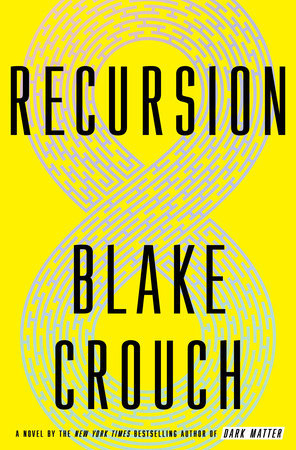You can't fool me! You are indeed a wolf after all. I've seen enough to know and, even if I am wrong, you will soon become one. No one can run with the wolf pack without accepting its terms. You have both the fangs and the glint of the predator in your eye. You deny your blood thirst but it rises around you like a stench. One day your teeth will be stained red and then you'll know with certainty how right I was.
The Wolf and the Watchman is a twisty, gritty, historical mystery that makes for an entertaining (if often disturbing) read. I don't reckon it has the depth to rank among works of great literature – the plot doesn't reveal anything compelling about human nature, the characters don't experience transformative growth, the lines don't buzz with electricity (could that be a fault of the translation?) – but this story does immerse the reader in a total sensory experience of another time and place that is wholly satisfying. Four stars would be a rounding up.
When the first blow lands, they don't understand what is happening. The left hand comes up from waist height, and since the hand has been carved as if the palm were open, it almost looks as if he is caressing the face of the closest man. Teeth fly through the air in a cascade of red. Cardell carries the force of the arm's momentum into the next punch, and the next, feels an arm snap, the bridge of a nose crack, a rib cage give way, an eye fly from a socket. Each hit translates into an explosion in his stump and the pain only fuels his rage.In the first section, it is autumn of 1793 and a drunken Watchman has been roused to fish a corpse out of an interior lake of Stockholm known as “the Larder” – a scummy cesspool filled with butcher's waste, latrine dumpings, and where the washerwomen soak their laundry. This corpse has been perversely mutilated, and the Watchman – Mickel Cardell; a war veteran with PTSD and a wooden arm – is so disturbed by the sight of the body that he can't help but attempt some follow up inquiries as to the victim's identity. This puts Cardell in the path of Cecil Winge – a young lawyer and moral crusader, sometimes employed as a detective for Stockholm's police department, who is nearing the end of his battle with tuberculosis – and as Winge is in need of an able body to help in what he assumes will be his last investigation (and as the dissolute Cardell could use some extra coinage), the unlikely pair teams up to attempt to identify the corpse. Winge's investigative tenacity leads to him being called a wolf in that opening quote, and Cardell's special skills are demonstrated as he moonlights as a bouncer at one of Stockholm's many dingy pubs. This first section was my favourite: the mystery compelling, the setting dripping with palpable filth, and a running undercurrent of social commentary:
Look at the two of you! A bag of bones and a cripple in rags, and you dare to look at me in that way. What can people like you know about the desires of nobler men? Men who have grown up under the yoke of generations of wealth, waiting for their inheritance of goods, property, domains, and titles. These men were raised to rule. The responsibility weighs heavily on them. They are in need of relief in a way that you cannot even imagine.The second section rewinds to the summer of 1793, and with the story of a country bumpkin named Kristofer Blix who comes to the big city to find his fortune (told charmingly through letters that he writes to his sister back home), I was thoroughly fascinated by the tale it tells of the economic and power disparities of the time and place. There were many satisfying twists in this section, and I'll spoil none of them.
The next section rewinds further to the spring of 1793, and we follow along with a young woman, Anna Stina Knapp, as she thwarts a male friend's attempt to rape her – and is accused and convicted of whoring for her troubles, sent to a workhouse for fallen women and doomed to spend the rest of her miserable life starving, spinning wool, and avoiding her jailers' whips and advances. Despite the further illumination this provides for the book's setting, I found this section less compelling and it diminished the intrigue I had been enjoying around the main plot.
Violence has never appealed to Winge on his path of rationality. Now he wonders if there is a place where love allows itself to be translated into violence, a place out of reach of his own. Somewhere far away, a lone howl rises towards the moon.The final section jumps ahead to the winter of 1793, where all the threads converge, and it seemed to me that author Niklas Natt och Dag unnecessarily complicates his story's denouement – there are too many last minute tangents that didn't add to the mystery's suspense or its resolution. On the other hand, the portrait of eighteenth century Stockholm painted by Natt och Dag (I love that that translates as “Night and Day”; one of Sweden's oldest surviving noble families) was totally worth any disappointment I might have felt for the mystery itself.
















